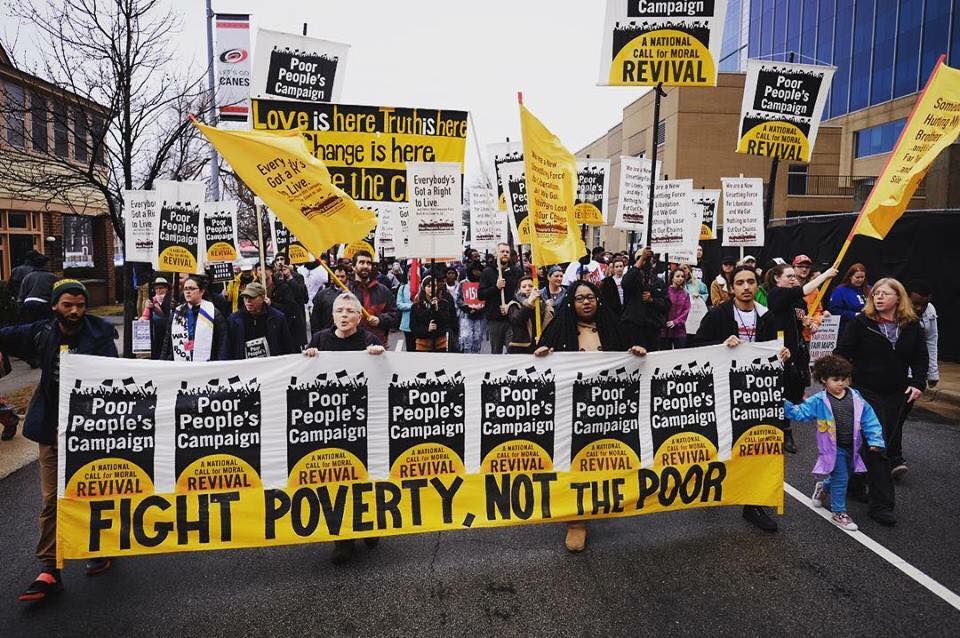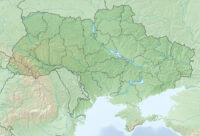
Memorial Day, formerly Decoration Day, is a day to remember those who died while serving in the armed forces. Decoration Day began as a way to remember the Civil War dead, more than 700,000, by placing flowers and flags on their headstones.
Today, in our time of endless and expanding wars and nuclear brinksmanship, it is not enough to recall those who perish as soldiers. From 2001 until 2016, more than 200,000 civilians were killed directly in the violence of the wars in Afghanistan, Iraq, and Pakistan. And an additional 800,000 civilians likely died as an indirect result of these wars. Today the U.S. is bombing in seven countries: Afghanistan, Iraq, Pakistan, Syria, Yemen, Libya and Somalia.
The truly monstrous reality of contemporary war, since the invention of warplanes, means that millions of civilians have died as a result of bombing. When populations experience heavy bombing, it leads to social breakdown. Such bombing is a recognized cause of outbreaks of violence setting people against each other who had lived peaceably, side-by-side for generations, as in Cambodia in the 1970s and more recently in Iraq.
If civilian suffering and death due to wars were recognized with monuments, obelisks, and flowers placed in graveyards at least once a year, the complicated interplay by which populations accept and support war (propaganda and instilled hatred) might be less effective, and a more realistic understanding of the human costs of wars would be ever-present in our lives.
Memorial Day and Veterans Day are used to uphold the status quo of our war culture. To object and point to the reality of all the victims of wars puts one at risk of being accused of not “supporting our troops” or being “unpatriotic.” The price people pay for serving in the armed forces is steep and should be remembered, however, it should not be remembered in a way that justifies current wars. Instead, we should examine the causes of conflicts and consider all that might be done to resolve them without mobilizing for war.
Already massive, U.S. military spending is dramatically on the rise. In 2017 the United States spent $610 billion on its military, more than two and a half times as much as China and Russia combined, amounting to 35% of world military spending. Congress has approved a budget deal providing for military spending of $700 billion in 2018 and $716 billion in 2019 – while crucial programs for people are on the chopping block.
This Memorial Day we need to focus on the crisis of militarism and war that plagues humanity on planet Earth. As Martin Luther King, Jr. so eloquently said decades ago, “We must learn to live together as brothers or perish together as fools.” Week 3 of the Poor People’s Campaign: A National Call for Moral Revival, which will focus on the War Economy, Militarism and the Proliferation of Gun Violence, provides an opportunity for peace and justice activists to unite in meaningful action.
Poor People’s Campaign: A National Call for Moral Revival
Week 3: The War Economy, Militarism and the Proliferation of Gun Violence
As Dr. King pointed out years ago in his epic 1967 speech Beyond Vietnam, “A nation that continues year after year to spend more money on military defense than on programs of social uplift is approaching spiritual death.” Building on the ideas and ideals that Dr. King set forth in the Beyond Vietnam speech and reviving the Poor People’s Campaign he had begun when he was tragically assassinated in 1968, the Poor People’s Campaign: A National Call for Moral Revival, has been organized to address vast social inequalities, intractable racism, never-ending wars and ecological devastation.
During the week of May 28, the Poor People’s Campaign will focus on the War Economy, Militarism and the Proliferation of Gun Violence. On Tuesday, May 29, at State Capitals around the nation, protests will be held focusing on these concerns. Rallies will be followed by nonviolent civil disobedience. Click here to find a Poor People’s Campaign action near you. Hint: Click here to find your State Capital’s zip code.
Memorial Day Weekend: Nuclear Weapons Protests
As reflected in the budget, the Trump Administration’s new Nuclear Posture Review manifests a commitment to an increasing and long-term reliance on nuclear arms, lowers the threshold for use of nuclear weapons, and proposes new nuclear warheads and missiles. Instead of fulfilling their obligation under the Nuclear Nonproliferation Treaty to negotiate nuclear disarmament in good faith, all the nuclear-armed nations are “modernizing” their arsenals.
Tensions between the United States and Russia have risen to levels not seen since the Cold War. And this is only one of many nuclear flashpoints—from the Korean Peninsula, to the South China Sea, to the Middle East and South Asia—where all of the nuclear-armed states are engaged in unpredictable conflicts that could catastrophically escalate out of control. War threats are made daily and organized war games are used to provoke and intimidate other countries in acts of brinksmanship that are unnecessary and foolhardy.
On July 7, 2017, by a vote of 122 – 1, the majority of the world’s countries adopted a historic treaty to prohibit the possession, development, testing, use and threat of use of nuclear weapons. None of the nuclear-armed nations participated in the negotiations or will sign the treaty. This must change, but change will require great popular uproar in these nations (the U.S., Russia, France, China, the U.K., Pakistan, India, Israel, and North Korea). The civilians of the world are held hostage by these nations whose answer to the climate crisis is nuclear winter. It is unacceptable.
As part of the Memorial Day weekend commemoration, two protests (and perhaps more) will be held at sites where the new nuclear arms race is underway.
Sunday, May 27: Shout Heard Around the World. Gather in Lexington, Massachusetts, walk 3 miles to Hanscom Air Force Base, the site of a new Nuclear Command, Control and Communications System, for a rally and nonviolent direct action. Click here for more information.
Monday, May 28: March, rally, die-in and civil resistance at the National Nuclear Security Administration’s weapons parts plant in Kansas City, Missouri. Click here for more information.


